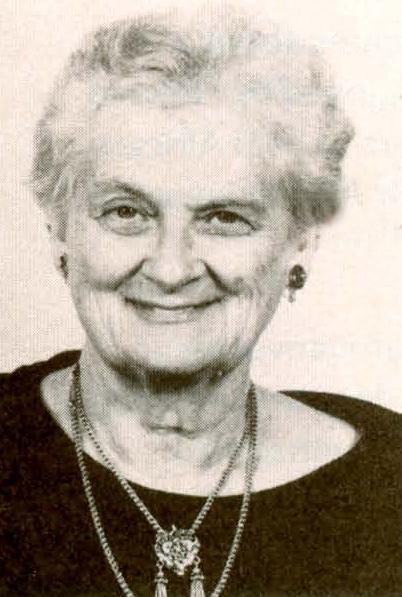
It took Hall 15 years to gather the more than 100,000 records of Africans and African-descended people in Louisiana from 1719 to 1820 and make them accessible on a searchable CD-ROM. Hall is professor emerita of history at Rutgers University and the author of the prize-winning book Africans in Colonial Louisiana: The Development of Afro-Creole Culture in the 18th Century (Louisiana State University Press). She traveled to archives across her home state as well as Texas, France and Spain to examine original manuscripts and colonial records. She pored over documents, some literally in pieces, and entered their information into a database she created.
“There’s something magical about documents,” she says. Though the records were “very hard to read and assess,” Hall’s ability to read French and Spanish (particularly in old-fashioned handwriting) and her knowledge of abbreviations helped her interpret and categorize them. She says, “Nobody realized the value of these documents” — which included court transcripts of slaves’ testimony, records of purchases and manumission papers.
This resulting CD-ROM, Databases for the Study of Afro-Louisiana History and Genealogy, 1699-1860 (Louisiana State University Press), represents the largest-ever collection of information on individual slaves. Other scholars have described it as “tremendous,” “groundbreaking” and a “treasure chest.”
Even so, not everyone researching African-American roots will be able to benefit from the database, Hall cautions: “You have to trace your family tree way back before you can use my database,” which stops at 1820. “That’s a big leap backwards.” But if you can trace your ancestry to someone on this disk, it could be a genealogical pot of gold: slave and master names, parish, year, document type, gender, birthplace, racial designation, age, family relationships, prices, skills, illnesses, slave trade ship and deceased masters.
The new disk also includes:
• Louisiana Free Database, 1720-1820, manumission records of 4,000-plus slaves;
• various New Orleans, Pensacola and Mobile censuses from 1784 to 1850;
• a compilation of Louisiana censuses from 1699 to 1860.


